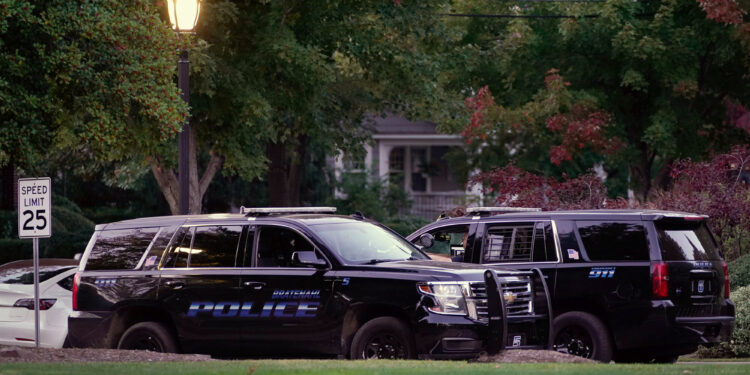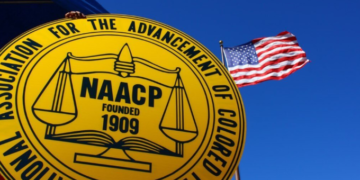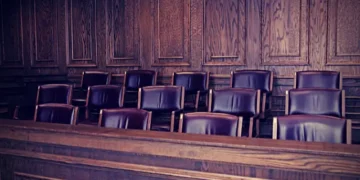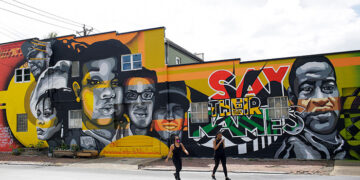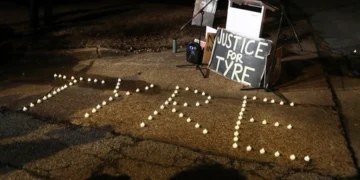Oct 2, 2024 Story by: Editor
Cleveland police stopped and searched Black people more than three times as often as White individuals during traffic stops in 2023, despite similar rates of contraband discovery, according to an analysis by the Marshall Project-Cleveland and WEWS News 5. This analysis examined the racial breakdown of people stopped by Cleveland officers, using data provided under a 2015 consent decree between the city and the U.S. Department of Justice. This agreement followed numerous complaints about excessive force and millions of dollars in settlements for police misconduct.
The analysis, based on nearly 17,000 police encounters, revealed that Black people were frequently stopped for minor infractions like broken tail lights or tinted windows, leading to searches. Overall, Black residents were stopped at twice the rate of White residents. This heightened scrutiny has intensified long-standing mistrust between Black Clevelanders and law enforcement, a sentiment that dates back to the Hough Riots in the 1960s. The city has seen several high-profile fatal incidents involving White officers in recent years, prompting federal oversight. Many Black individuals expressed concerns about being targeted for minor violations. “It has something to do with the color of our skin,” said Vanika Burks, who experienced four stops in 2023. “I can’t see it any other way. I should get treated just the way everybody else should.”
The consent decree was designed to improve relations between the Cleveland police and the community, while also overhauling the department’s use-of-force policies. It mandated that officers record detailed information about every stop. The analysis revealed that Black people made up nearly 63% of police encounters and were searched at least three times more often than White individuals. However, contraband was found in 37% of searches involving Black people and 32% of those involving White people. Minor infractions often serve as a reason for police-citizen encounters, but across the country, such stops have sometimes escalated into deadly confrontations.
Pretextual stops—where officers use minor infractions to search for more serious offenses—have faced criticism for encouraging racial profiling and damaging community trust. Civil rights advocates argue that this practice grants officers excessive power and disproportionately affects people of color. Despite challenges, it has remained constitutionally permissible. Source: NCJA


